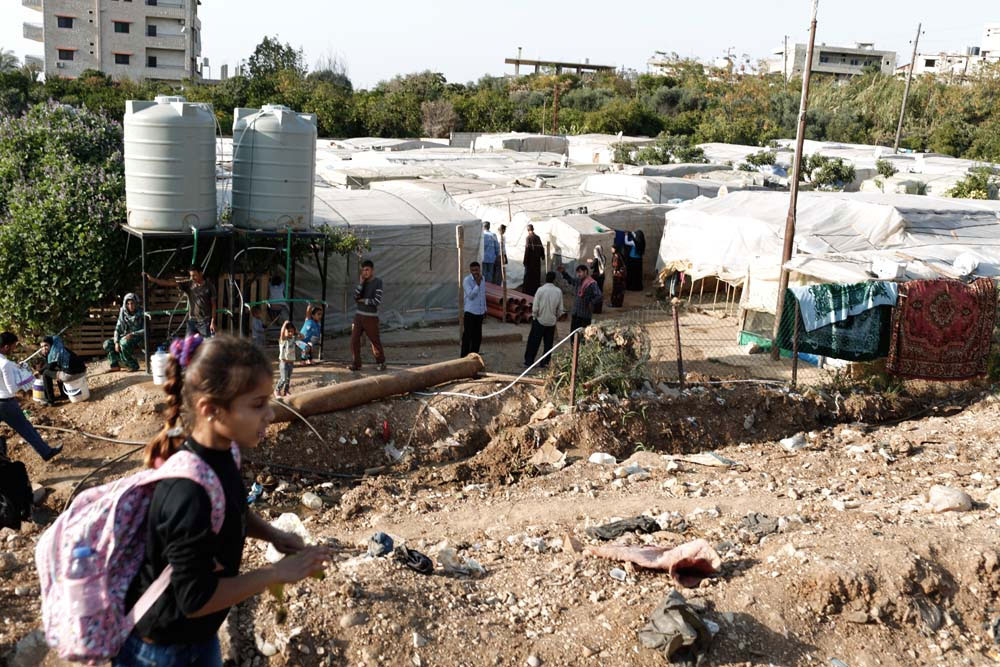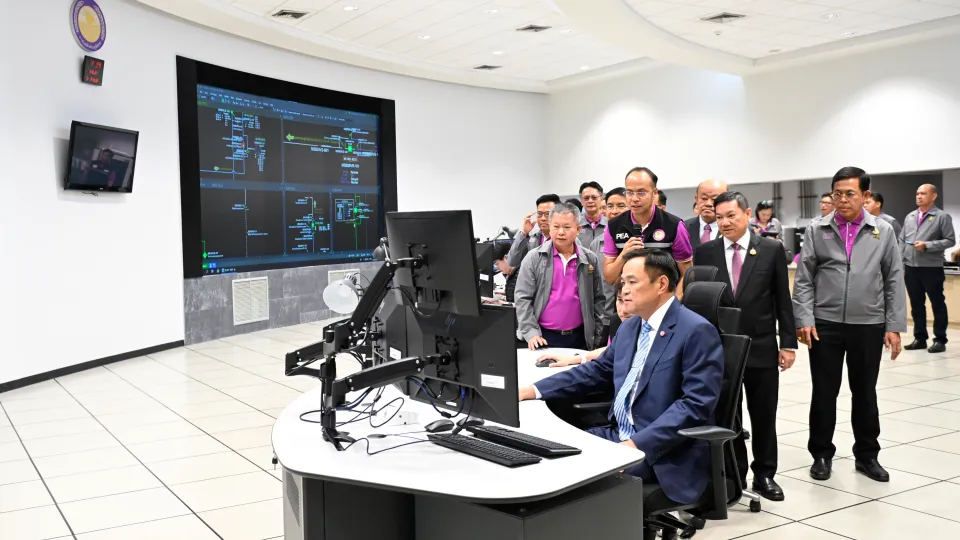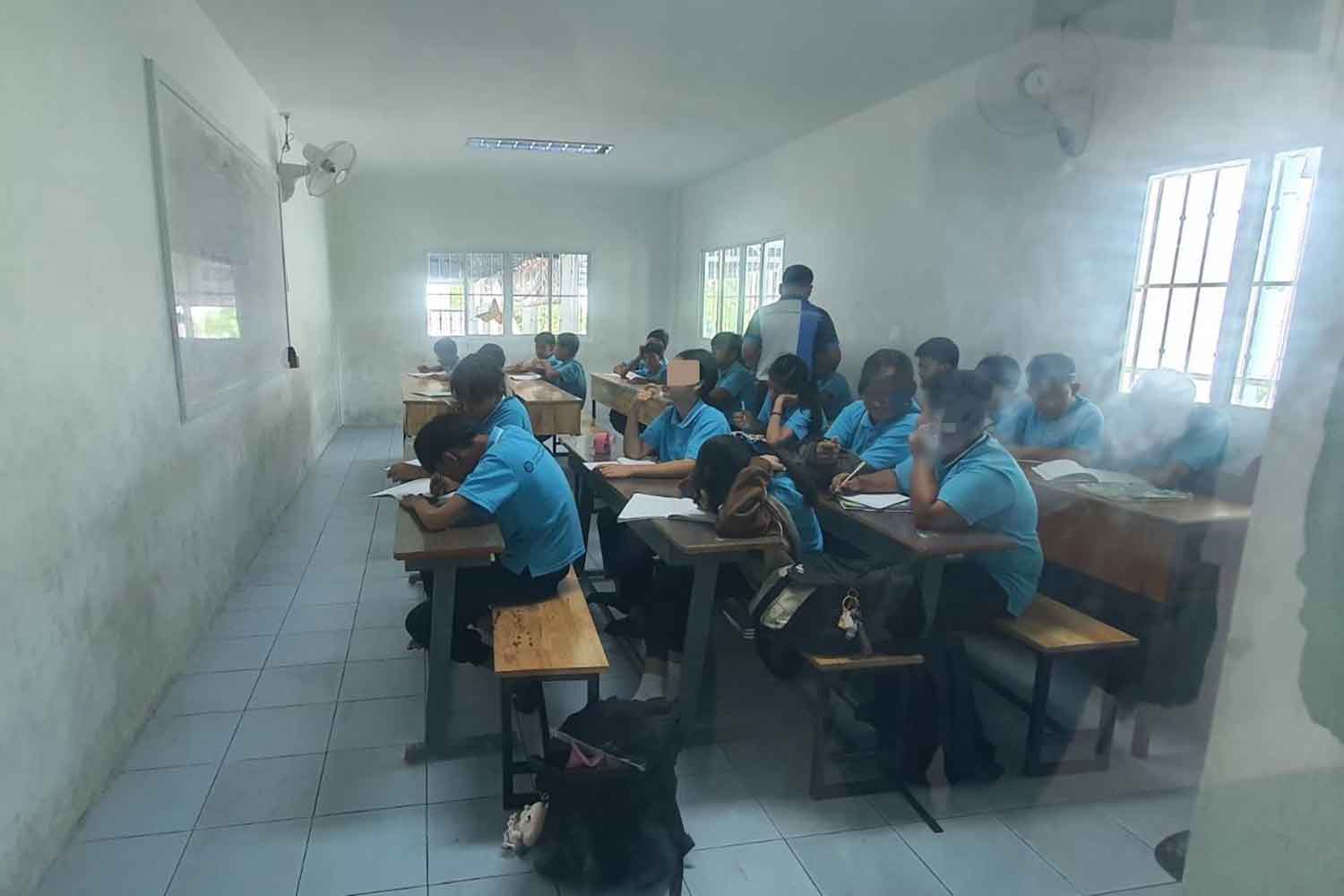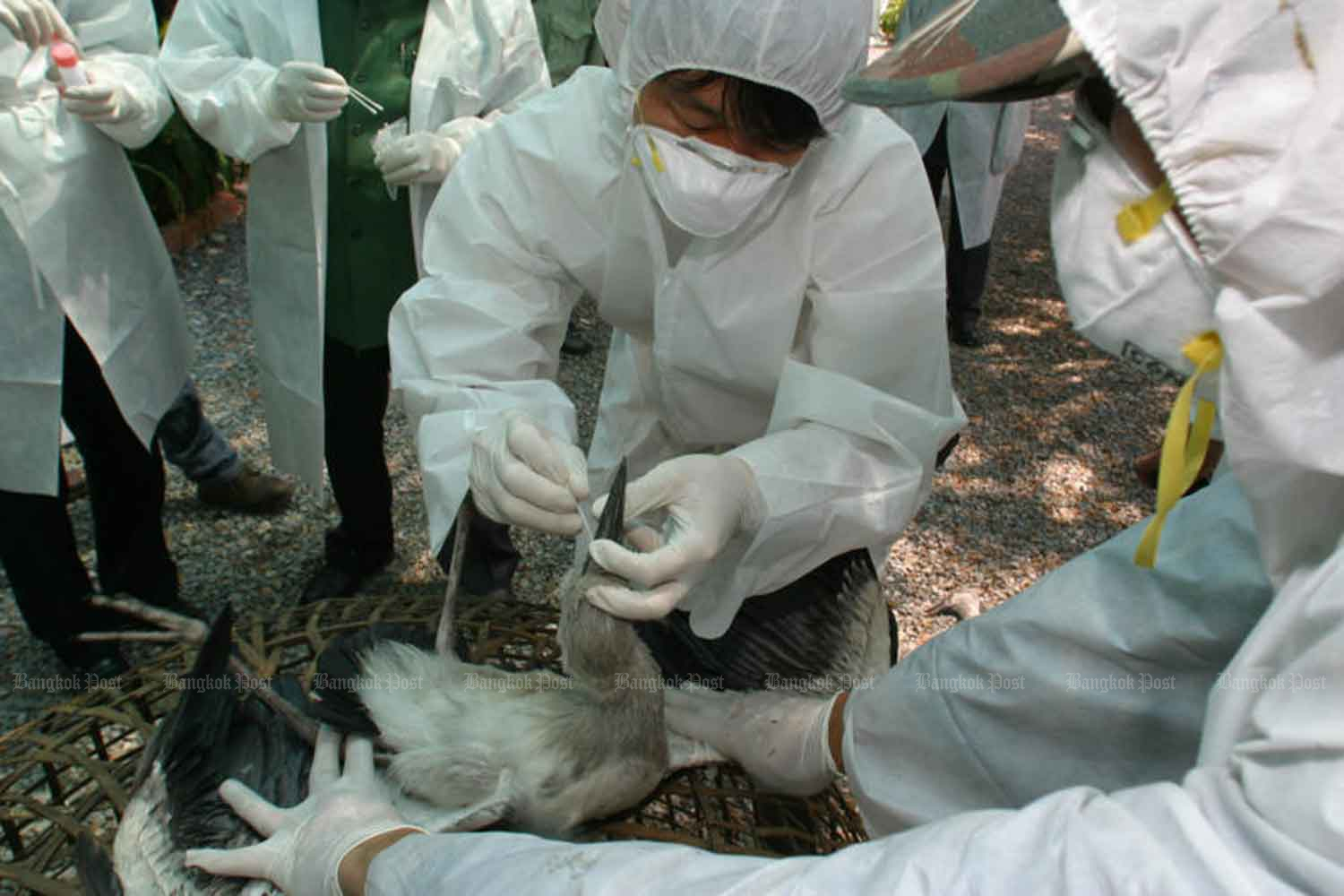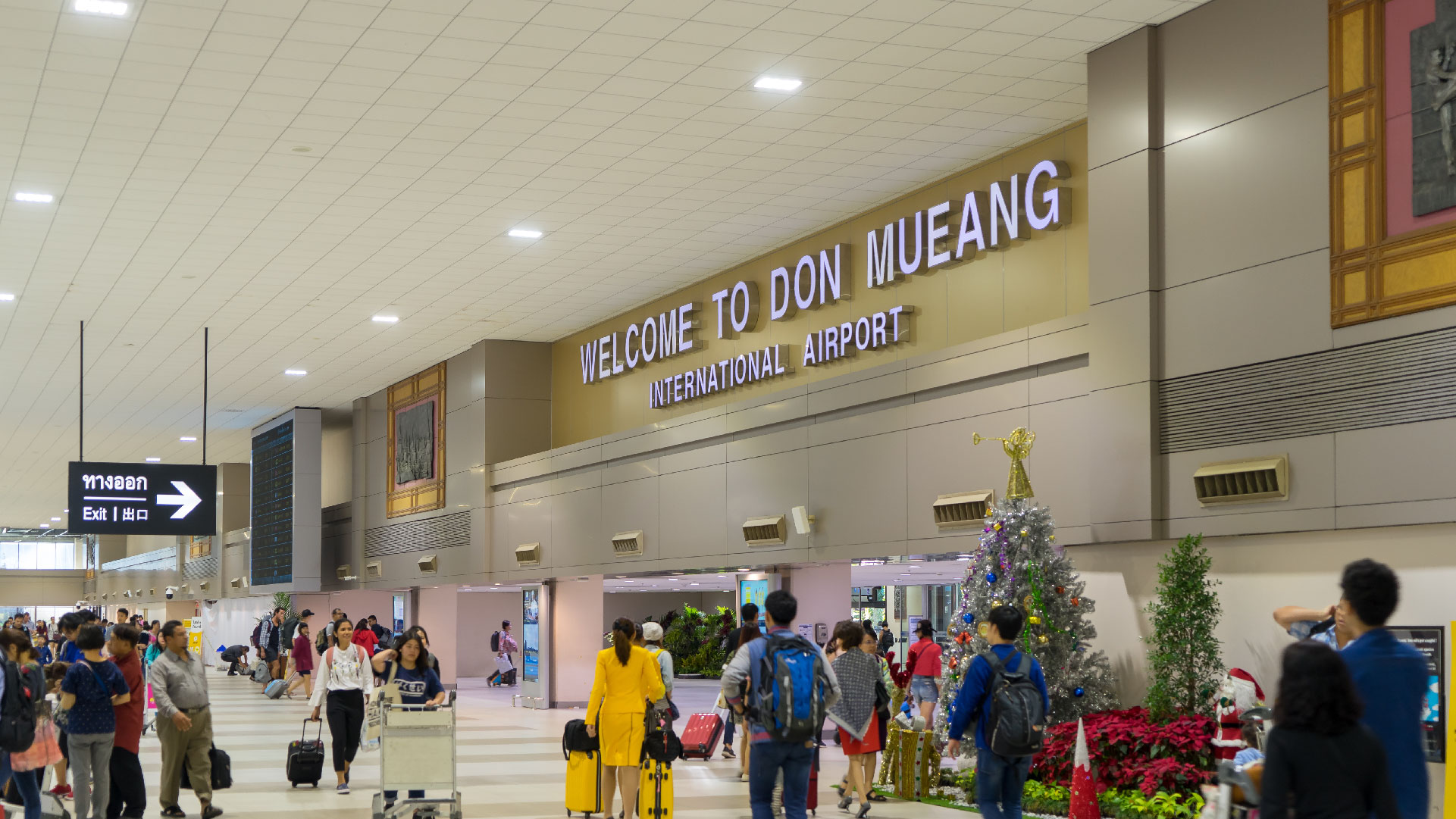Refugee Camp Healthcare Management
Empowering Self-Sufficiency
Refugee camps have demonstrated resilience in maintaining their healthcare services, according to recent reports. The ability to manage healthcare internally reflects the growing self-sufficiency of these communities.
Public Health Interventions
Multi-Sectoral Approach
Effective healthcare in refugee camps relies on a multi-sectoral approach. This includes coordinating efforts in food security, shelter, water, sanitation, and hygiene (WASH) to create comprehensive public health interventions.
Community Engagement
Participatory Health Strategies
A key factor in successful camp-based healthcare is community engagement. Refugee community health workers play a crucial role in diagnosing common illnesses, making referrals, and sharing health information in culturally relevant ways.
Challenges and Solutions
Overcoming Access Barriers
While refugee camps face challenges in healthcare access, innovative solutions are being implemented. These include cash-based interventions to cover medical costs and efforts to include refugees in national health systems.
Future Directions
Sustainable Healthcare Models
The focus is shifting towards developing sustainable healthcare models within refugee camps. This involves strengthening local health infrastructure, training health workers, and integrating services with national health systems where possible.
